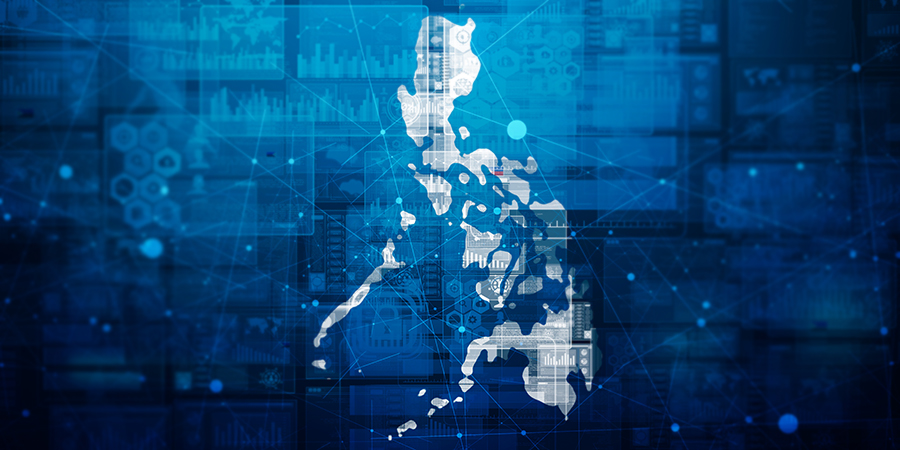Statistical data in the Philippines has shown a clear digital divide. According to DataReportal's Digital 2023 Report, the country garnered 85.16 million internet users at the start of 2023, representing an impressive internet penetration rate of 73.1%. However, beneath these figures lies a stark reality: while urban areas frequently have strong connectivity and access to digital resources, rural and marginalized communities face limited or nonexistent internet infrastructure. This disparity highlights the critical need for coordinated efforts to close the digital divide and ensure equitable access to the internet's transformative power across the country.
Key Initiatives Implemented by the Department of Information and Communications Technology
The Department of Information and Communications Technology (DICT) of the Philippines is poised for a transformative year, having achieved significant milestones in fortifying the nation's ICT ecosystem. With a dedicated focus on ICT development, the country has attracted international recognition, evidenced by the Board of Investments' record-high investment approvals reaching PHP 1.16 trillion (SGD 31.32 billion), marking a remarkable 59% surge from 2022.
A major driving force behind this growth has been the ICT sector, which has seen approvals totaling PHP 96.16 billion (SGD 2.60 billion). One significant investment is a commitment of PHP 5.6 billion (SGD 151.2 million) from Japanese telecoms giant, IPS Incorporated, along with a PHP 4 billion (SGD 108 million) public-private partnership involving IPS affiliate, InfiniVAN. These ventures aim to accelerate the deployment of the National Broadband Plan, which is essential for advancing digital connectivity nationwide.
Addressing the digital divide remains a critical agenda, with the DICT's BroadBand ng Masa (BBM) Program leading initiatives to bridge connectivity gaps in rural and remote areas. A significant stride in this endeavor is the National Fibre Backbone (NFB) Phase 1 project, poised to establish a groundbreaking 100 Gbps link-up between Los Angeles and San Fernando, utlizing the La Union CLS. This infrastructure enhancement promises to deliver high-speed internet access, empowering communities and fostering inclusive digital participation.
The Free Wi-Fi for All Programme continues to remain a cornerstone in delivering essential services across the Philippines, spanning 81 provinces and 1,346 municipalities and cities, encompassing a network of 12,031 sites as of December 2023.
Recognizing the challenges faced by geographically isolated and disadvantaged areas, DICT, in collaboration with private entities, has implemented innovative solutions such as very small aperture terminals (VSATs) and 800 Starlink terminals. These efforts ensure connectivity with an average speed of 200Mbps, providing even the most remote communities with vital internet access.
Central to this endeavor is the ICT Capacity Development and Management Programme, which emphasizes skill enhancement for both local and global ICT industries. Through this initiative, the department has organized a total of 448 ICT capability development activities, spanning a diverse range of topics. These efforts have yielded tangible outcomes, with 559 individuals successfully passing examinations, equipping them with essential skills to thrive in the dynamic ICT landscape.
Looking towards the horizon of 2024, the DICT remains steadfast in its mission to spearhead innovation, foster connectivity, and nurture a digitally empowered nation. With a proactive stance, the department continues to explore avenues for technological advancement, ensuring that the Philippines remains competitive in the digital age. By championing initiatives that enhance ICT capabilities and promote digital literacy, the DICT plays a pivotal role in shaping the future trajectory of the nation's technological landscape.





